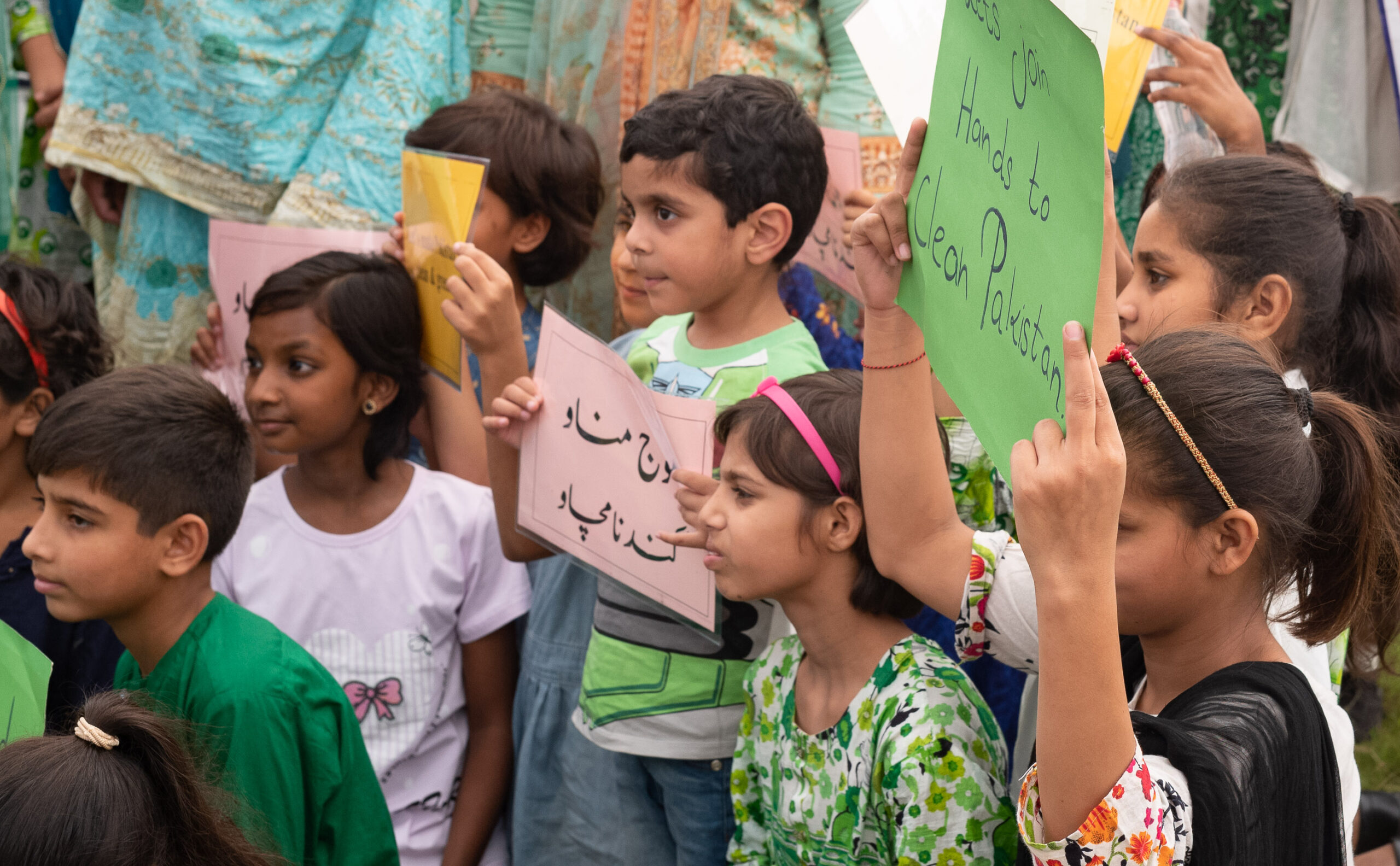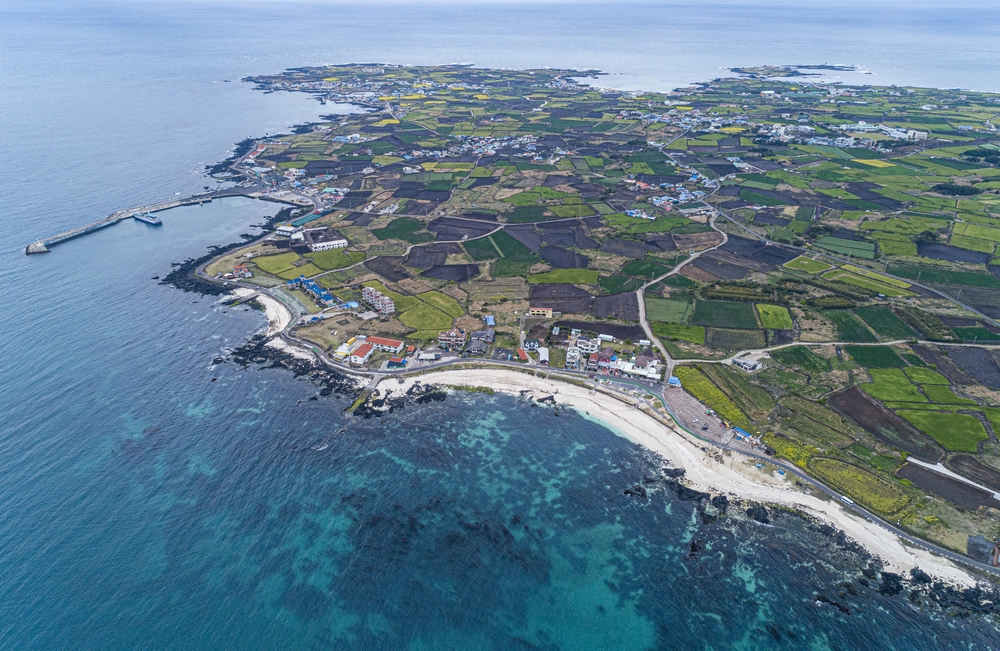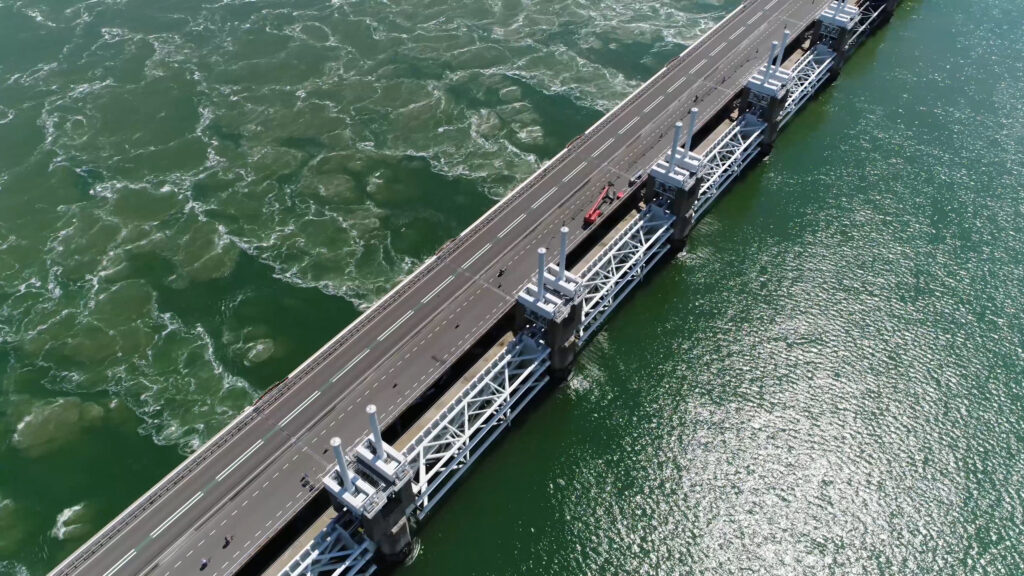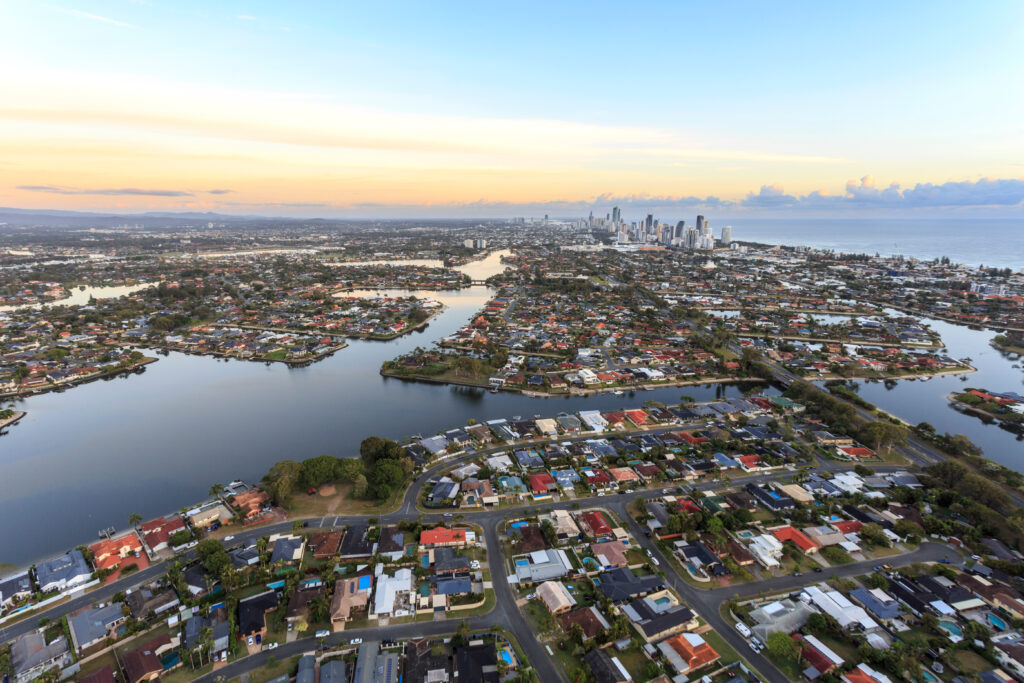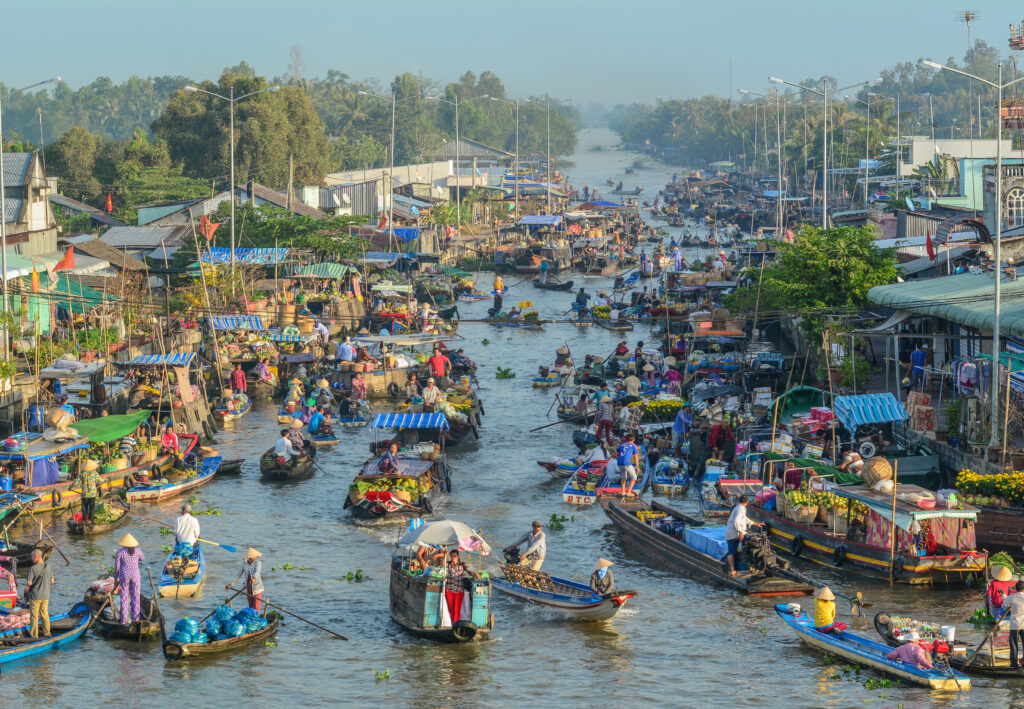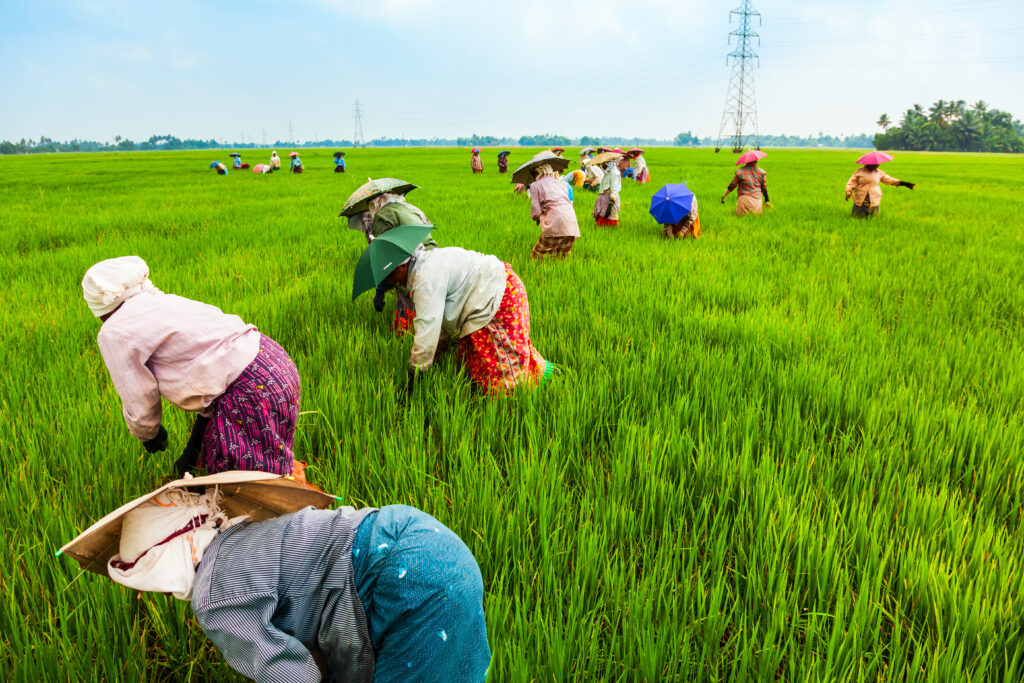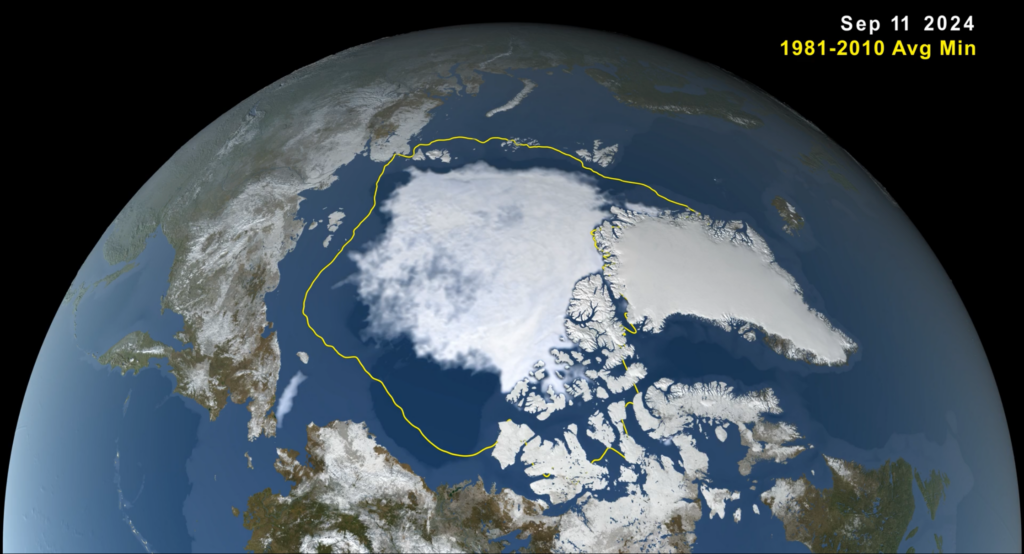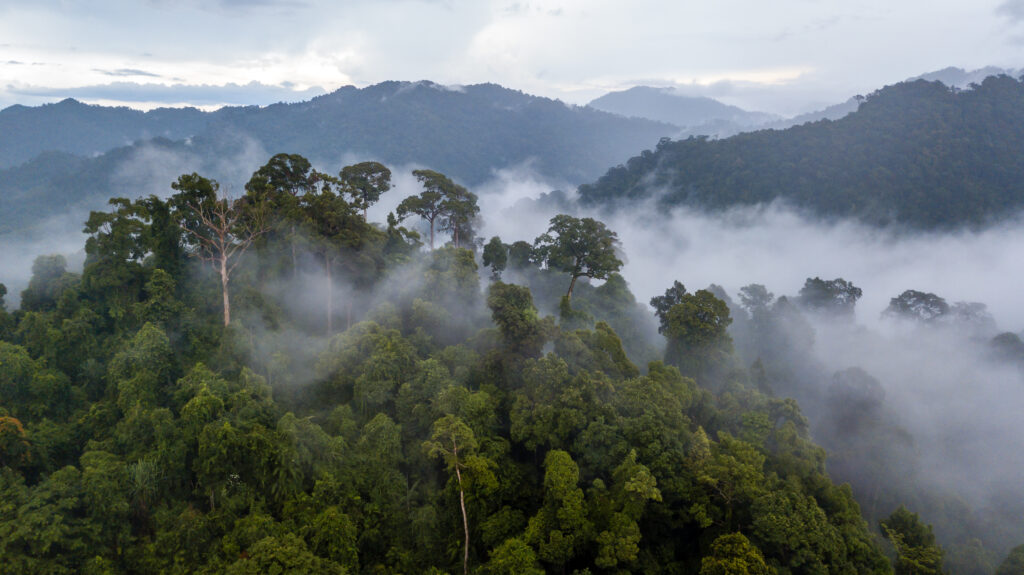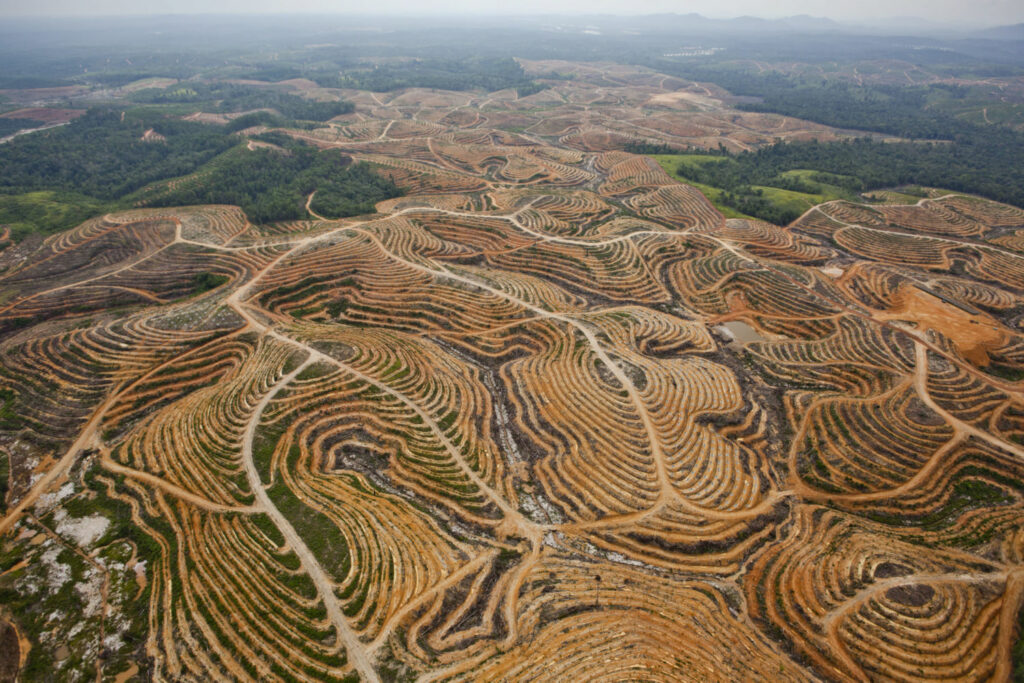Pakistan’s youth is an untapped solution for addressing climate change in the nation. While the climate crisis is a global challenge, its impact on developing countries like Pakistan and youth in Pakistan is disproportionately severe. Ranked as the fifth most vulnerable country to climate change by the Global Climate Risk Index, Pakistan faces significant risks to its economy and security, despite contributing only 0.9% of global greenhouse gas emissions.
The country is already grappling with the consequences of climate change, including extreme and deadly heat, more frequent and intense flooding, drought and water shortages and an increase in disease. The catastrophic floods of 2022 exemplify the extreme weather events Pakistan will increasingly face. Scientific evidence underscores that climate change was a significant factor in these floods, which submerged one-third of the country and directly impacted 33 million people – half of whom were children – through loss of life, destruction of housing and public infrastructure and displacement. Reports indicate that millions more will continue to suffer from agricultural and production losses in the future.
Climate change acts as a threat multiplier and exacerbates existing inequalities. Those already with the fewest resources to handle climate shocks bear the heaviest burden. Pakistani youth, children and young women are particularly vulnerable and among the most impacted groups. With increasing extreme weather events and rising health risks, the nation’s vulnerability highlights the urgent need for action.
Youth Population Growth in Pakistan and Quality Education
The youth bulge in Pakistan is real. More than two-thirds of Pakistan’s population is under 30 years old, and nearly one-third is between the ages of 15 and 29. The unemployment rate among this age group is high. For many young Pakistanis, finding a job in the job market is difficult due to a lack of requisite skills and the bad situation of the national economy. Most of the youth population lacks access to quality education and quality educational institutions.
Young Pakistanis Most Impacted by Climate Change and Air Pollution
Young population and children already bear the brunt of climate change impacts. Earlier this year, Abdullah Fadil, a UNICEF representative in Pakistan, published a statement on the damaging effects of climate change and pollution on the nation’s youth. “Children in Pakistan are at ‘extremely high risk’ of the impacts of the climate crisis,” Fadil said. “Year on year, children in Pakistan are caught in a vicious cycle of drought and floods. From the moment of conception until they grow into adulthood, the health and development of children’s brains, lungs and immune systems are affected by their environment.”
Fadil explained that the recent catastrophic floods are just one example of how climate change and pollution impact children’s health. Furthermore, young people are at a heightened risk from the life-threatening impacts of extreme heat and air pollution. “About 12% of deaths in Pakistani children under five are due to air pollution,” he said.
With young people already disproportionately harmed by the climate and pollution crisis, predictions show worse to come in the future. This injustice reflects the peril faced by children and young people worldwide, and momentum is building for intergenerational climate justice — including launching legal actions against governments to protect current and future generations.

Engaging and Empowering Pakistan’s Youth
While young people can be the most impacted by escalating climate change impacts, they are also integral to the solutions. Qaiser Nawab, a youth climate leader from Islamabad, Pakistan, emphasises the importance of engaging young people in climate change action, particularly in countries like Pakistan, where around 65% of the population is under the age of 30 and there is a high rate of youth unemployment. He says that engaging youth not only prevents them from engaging in negative activities, such as joining extremist groups, but also promotes global solutions and harmony.
“The future is in the hands of young people who can change the entire dynamic of the country’s development,” said Qaiser. “But they need to be involved.” He points out that while political parties in Pakistan are increasingly focusing on youth engagement and employment, there remains a significant gap between policymakers and genuine youth involvement. “Policymakers may engage with young people for photo sessions, but they don’t bring them into the policy-making team,” he noted. This issue is not unique to Pakistan, it occurs worldwide.
Climate Change Solutions in Pakistan
Qaiser says that real youth involvement is a powerful yet underutilised tool. Young people are innovative and can bring fresh ideas, but older generations may feel threatened by this and resist change. He urges young people to be more assertive and demand their place at decision-making tables, acknowledging that this journey is challenging and requires perseverance.
He also highlights the importance of updating education to make it relevant for today’s world. Hosting significant international events in regions most impacted by climate change can help spotlight the issues and foster genuine involvement.
In his work, Qaiser strives to guide Pakistan’s young people towards meaningful engagement in climate change solutions, ensuring they receive fair compensation for their efforts. He warns against companies and individuals exploiting young people under the guise of volunteerism. “We also link their local work with the global climate change movement, assisting them with networking and fostering a business-oriented mindset,” Qaiser explained. The goal is to make young people aware of their potential and prevent them from being manipulated by those in power, while empowering them to play a pivotal role in their own – and our collective – future.
Evelyn Smail
Writer, United Kingdom
Evelyn is a freelance writer and journalist specialising in climate science and policy, the just energy transition and the human impacts of climate change. She writes for independent publications, NGOs and environmental organisations. Evelyn has a background in sustainable development, climate justice and human rights.
Evelyn is a freelance writer and journalist specialising in climate science and policy, the just energy transition and the human impacts of climate change. She writes for independent publications, NGOs and environmental organisations. Evelyn has a background in sustainable development, climate justice and human rights.

